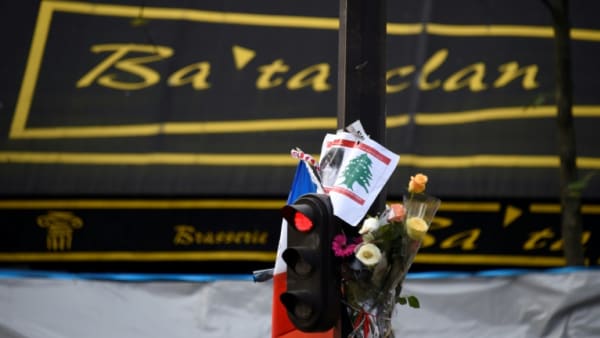
The “start-stop” nature of the travel bubble plan with Hong Kong serves as a cautionary tale for Mr Ang, who felt that he should not dive into ramping up operations even with the launch of the travel lanes with Germany and Brunei.
“On one hand, we want to work on (the vaccinated travel lanes). On the other hand, there is concern if this thing doesn't work out as intended,” he said.
Developments around the globe are also not helping, as attempts by other countries to revive travel have not produced the desired results.
Tour operators pointed out that some countries, such as China, have not opened up quarantine-free travel for visitors from Singapore, even though travellers from there can come in here without serving quarantine.
Thailand’s resort island of Phuket is trying to boost its tourism scene by waiving quarantine for vaccinated travellers, but Mr Khoo said Singaporeans are still not willing to travel there as airfares are now higher.
In July, New Zealand suspended its air travel bubble scheme with Australia amid rising coronavirus cases.
And although Prime Minister Jacinda Ardern had earlier announced that vaccinated travellers from low-risk countries would be allowed quarantine-free entry into New Zealand from early next year, the country is now battling a surge of Delta variant cases which has sent it into another lockdown.
Dr Kevin Cheong, executive director of Sentosa 4D AdventureLand, said the road to recovery will be very bumpy.
“It will be open, close, open, close. Tighten again. This is the part where many of the businesses are thinking: ‘If I were to scale up at a time you tighten, we have a problem,’” he said.
Other local tour operators noted that German tourists typically do not come to Singapore for a holiday. It is more a short stopover for them before they head off to other destinations in the region, such as Phuket or Indonesia’s Bali.
Mr Stanley Foo, owner of Oriental Travel and Tours, said that requiring these travellers to undergo four PCR tests, with three of them upon arriving in Singapore, is too onerous a requirement.
“The total cost is about S$800. So how many Germans would be willing to pay S$800 extra and have their noses poked four times?”
“It doesn’t make much of a difference for the tourism industry ... (but) I’m happy that it’s a positive step forward,” said Mr Foo.
Nevertheless, Mr Robin Loh, the founder of Let’s Go Tour Singapore, noted that while there will be more travellers coming in, it will still be a small fraction of what Singapore saw before the pandemic.
“Maybe a couple of hundred tourists coming in a day. What is that divided by all the tourism products? Virtually nothing, you won’t feel a thing,” he said.
https://news.google.com/__i/rss/rd/articles/CBMicWh0dHBzOi8vd3d3LmNoYW5uZWxuZXdzYXNpYS5jb20vc2luZ2Fwb3JlL3NpbmdhcG9yZS10b3VyaXNtLWNvdmlkLTE5LWJvcmRlci1jdXJicy12YWNjaW5hdGVkLXRyYXZlbC1sYW5lcy0yMTU2Mzc20gEA?oc=5
2021-09-05 22:10:48Z
CBMicWh0dHBzOi8vd3d3LmNoYW5uZWxuZXdzYXNpYS5jb20vc2luZ2Fwb3JlL3NpbmdhcG9yZS10b3VyaXNtLWNvdmlkLTE5LWJvcmRlci1jdXJicy12YWNjaW5hdGVkLXRyYXZlbC1sYW5lcy0yMTU2Mzc20gEA




